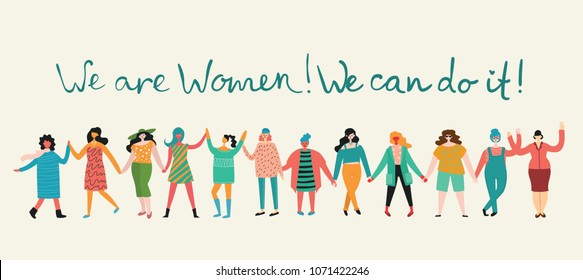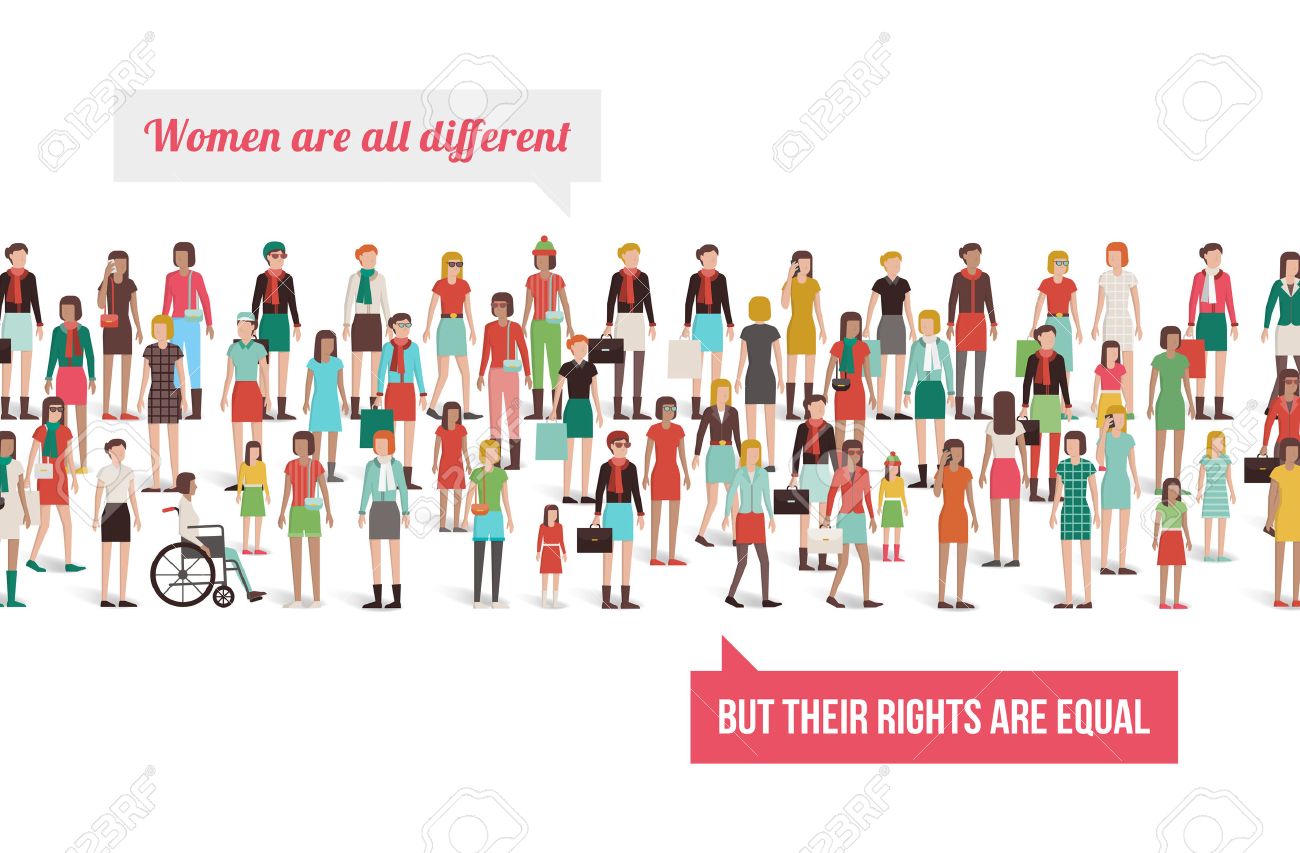Women's empowerment has emerged as a critical topic of discussion and action in the modern era. The recognition that gender equality and women's rights are essential for social progress and sustainable development has gained significant momentum. Empowering women not only benefits individuals but also societies and the global community as a whole. By providing women with equal opportunities, access to education, healthcare, and decision-making power, we can unlock their immense potential and create a more inclusive and prosperous world.

Breaking down societal barriers:
Societal barriers have historically limited women's progress and opportunities. Gender stereotypes, discrimination, and unequal access to resources have hindered the full participation of women in various spheres of life. Empowerment initiatives aim to break down these barriers by promoting gender equality, challenging harmful norms, and fostering an environment that encourages women to pursue their dreams and aspirations.
Access to education and skill development:
Education is a fundamental catalyst for women's empowerment. Providing girls and women with quality education equips them with knowledge, critical thinking skills, and the confidence to pursue their goals. Educated women are more likely to secure meaningful employment, participate in decision-making processes, and contribute positively to their communities. Additionally, skill development programs can enhance women's economic independence, enabling them to break free from the cycle of poverty.
Economic empowerment and entrepreneurship:
Economic empowerment plays a pivotal role in advancing women's rights and autonomy. When women are economically empowered, they can provide for themselves and their families, reducing dependence on others and breaking free from financial constraints. Encouraging women's participation in the workforce, promoting fair wages, and supporting entrepreneurship initiatives are vital steps toward economic empowerment. By providing women with equal access to resources, credit facilities, and business opportunities, we can unleash their entrepreneurial potential and contribute to economic growth.

Healthcare and reproductive rights:
Access to quality healthcare, including sexual and reproductive health services, is essential for women's empowerment. Empowering women to make decisions about their bodies, including family planning and reproductive choices, not only ensures their physical well-being but also enables them to pursue education, careers, and personal growth. By prioritizing women's health and ensuring their reproductive rights, societies can create an enabling environment for women to thrive.
Political participation and leadership:
Women's representation in political and leadership roles remains significantly lower compared to men. Empowering women politically involves ensuring their equal participation in decision-making processes, supporting their political ambitions, and eliminating barriers that hinder their progress. When women's voices are heard and their perspectives are included in policymaking, more comprehensive and inclusive solutions are developed, benefiting society as a whole.
Changing societal attitudes:
Empowerment initiatives also seek to challenge and transform societal attitudes towards gender roles and norms. By promoting gender equality and advocating for women's rights, we can foster a culture that celebrates diversity, respects women's choices, and values their contributions to society. Education, media, and community engagement play critical roles in shaping positive narratives around women's empowerment and challenging existing biases.
Empowering women is not just a matter of justice; it is a prerequisite for sustainable development and social progress. By removing barriers, providing equal opportunities, and addressing gender-based discrimination, we can tap into the immense potential of women and create a more equitable and inclusive world. Women's empowerment is not a standalone issue; it is an interconnected goal that requires collaboration among governments, civil society organizations, businesses, and individuals. By working together, we can build a future where women are truly empowered to lead, achieve their dreams, and shape a better world for generations to come.



You must be logged in to post a comment.